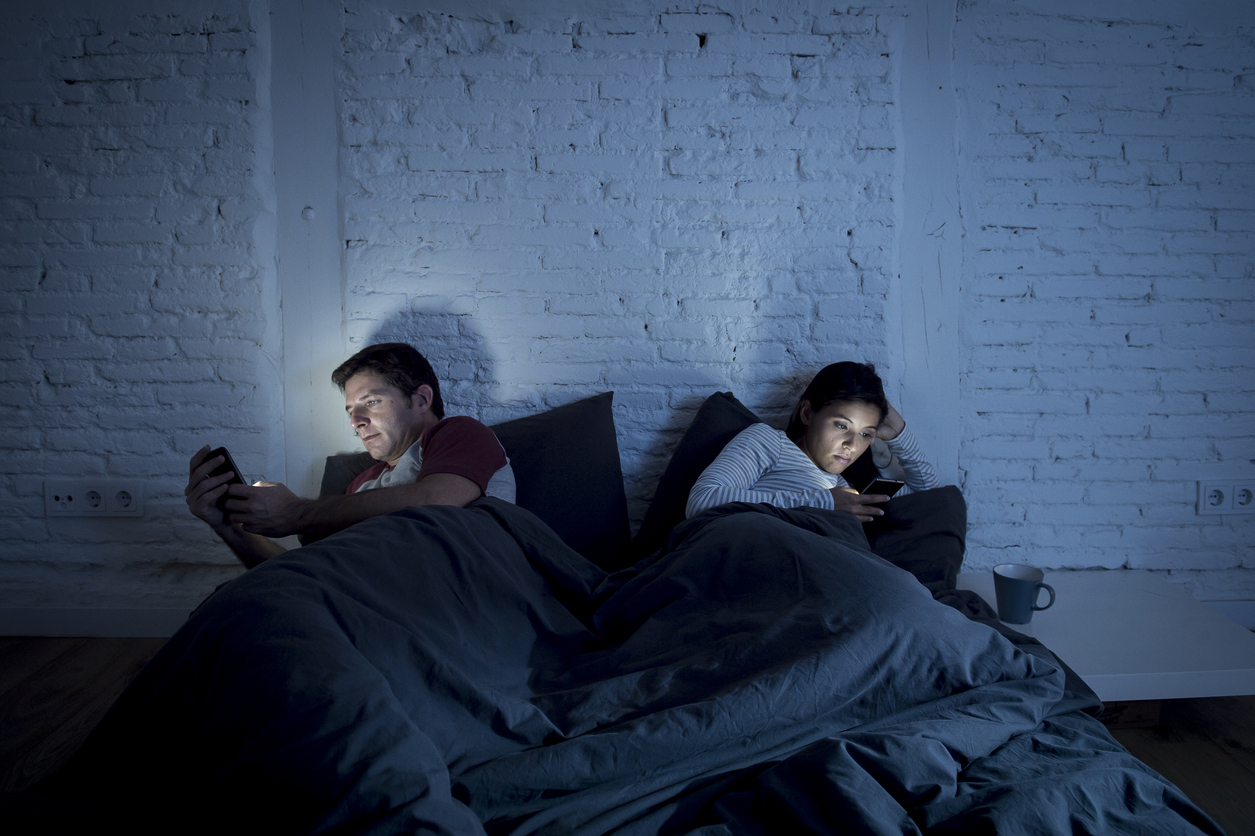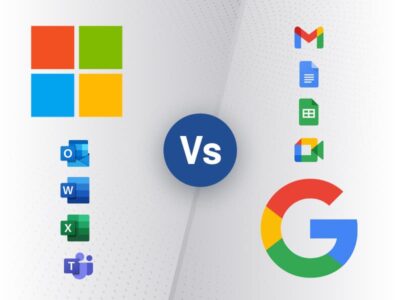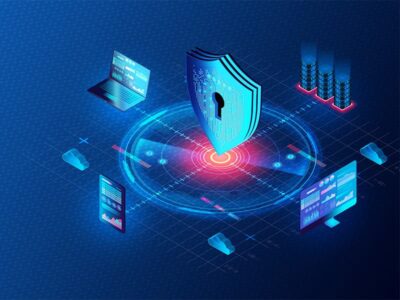“Technology is a great servant, but a terrible master.” – Stephen Covey
 Disconnecting from technology is a necessity. That may seem like an odd way to start an article by a technology provider, but it is true. Over the years our world has changed due to technology, and not all aspects are good. Gone are the days of arriving home by a few minutes after 5:00pm to slip into a comfortable chair and leisurely read the newspaper. Few people read a newspaper anymore, because they have been online and saw the news all day. And, it is convenient to check your email on your phone, but now you feel responsible to do it all the time. Even a quiet moment in the bathroom is taken up by stall surfing warriors. There is little time to think, be bored, be creative, or just be grateful. It means we are reactive, instead of proactive. It means we have little time to give attention to our spouse, kids, and neighbors.
Disconnecting from technology is a necessity. That may seem like an odd way to start an article by a technology provider, but it is true. Over the years our world has changed due to technology, and not all aspects are good. Gone are the days of arriving home by a few minutes after 5:00pm to slip into a comfortable chair and leisurely read the newspaper. Few people read a newspaper anymore, because they have been online and saw the news all day. And, it is convenient to check your email on your phone, but now you feel responsible to do it all the time. Even a quiet moment in the bathroom is taken up by stall surfing warriors. There is little time to think, be bored, be creative, or just be grateful. It means we are reactive, instead of proactive. It means we have little time to give attention to our spouse, kids, and neighbors.
We are now expected to be connected all the time. Whether it is the obnoxious coworker who emails and then shows up at our office door 30 seconds later asking, “did you see my email?”, or a client who calls at 8:45pm just as the kids are going to bed, or your mom wanting to facetime at 6:30am – everybody expects us to be available. But if they can control your time, and just take what they want, then you do not own it.
In this article we will tackle the general issues of disconnecting from technology, but a future article or two will cover the specifics of email and organizational communication that is ineffective and intrusive to our day.
Three ways to start Disconnecting from Technology
The first step to disconnecting from technology is your morning routine
Do you wake up and grab your phone off the nightstand and check email? Then you are immediately sucked in to blackhole that will likely last the until you fall asleep after one more check in bed that night. A morning routine without technology is essential to getting a handle on your day before it gets a handle on you. In 2018 I committed to not being connected all the time. If you know me and how many devices I have, you know that I am connected all the time – but that has changed for the better.
Starting January 1, I have been getting up about an hour earlier, and glad to be doing so. I make a cup of coffee, have a private time of devotions, and then I look over my day – both the schedule and tasks planned (I have been doing weekly planning on Saturday for years where I lay out the next week). So, all I am doing at this point is planning or rearranging my day in consideration of what is most important that I can do today. I have checked no emails, social media, news sites, etc. By avoiding these things, I am proactively considering my priorities and commitments, and avoiding being reactive to others just because they are in my inbox or Twitter feed.
After I have completed that, I may check email, etc. and consider what else may be addressed. We often consider email to be important, but really it is only urgent, and only in the sense it just came in within the last twelve minute or twelve hours. By following this process, I have established my “yes” for the day and will then evaluate these new requests or updates against my already established list of priorities and schedule. It makes it much easier to say “no”, or delegate or send a message that says I will not be getting to this soon, or occasionally rescheduling some of my day to address what is new information about something important.
A morning routine without technology is essential to setting a proactive plan and schedule for the day.
The second step to disconnecting from technology is managing popups on devices
Our devices connect us, but they interrupt constantly. Out of the box, Outlook wants to have a pop up and sound that plays when a new email arrives. So, there you are elbow deep in a spreadsheet, and a pop up comes in that says, “Great deals on cameras at Best Buy – Get them now!”, and off you go to check your email. When you get back 35 minutes later (and $249 less wealthy), you can’t recall where you were in the spreadsheet and must take 10 minutes just remembering the next step.
And every app you install on your phone wants to send you notifications, and so do many websites.
These notifications are someone else wanting your time and energy. I recommend:
- Turn off email notifications (more on that in the next article)
- When installing apps, carefully consider their request to send notifications. Do you need Twitter to tell you someone you know just followed someone new? These little vibrations and popups all day are constant stream of distraction.
- When visiting website, just say no to notifications requests. They will bombard you with interruptions.
The third step to disconnecting from technology is “Do not install the app in the first place!”
Some apps on your phone or tablet are real time wasters. For every relevant piece of information there are hundreds of kitty videos, advertisements, random strange statements or questions, and people’s opinions on everything from guns to goulash. It is a very ineffective and inefficient way to connect or get information. But the process within our brains draws us in when we open the app. Therefore, I recommend you do not install it.
I uninstalled Facebook months ago, when I considered how much time I spent scrolling the newsfeed. I was often doing this at 2am when I could not sleep, it was so convenient to grab my iPad and check email, then Facebook. An hour later I was shutting it down, and had nothing valuable gained, and so much lost. I deleted it and some things happened:
- I slept better
- I missed nothing in terms of real information
- Facebook emailed with random updates like “Bob Smith just posted a photo”, they really want eyeballs.
- Battery life on my device was greatly improved – Facebook is one of the largest battery hogs
- When random people I just met in a bar asked me to send them a Facebook friend request, I could honestly say “I don’t have Facebook”. So good to say.
I hope these tips are helpful but share your own experience.
The next article will address organizational communication like email, which seems like a time waster, and may very well be!




